
HF Sinclair Corp
NYSE:DINO


| US |

|
Johnson & Johnson
NYSE:JNJ
|
Pharmaceuticals
|
| US |

|
Berkshire Hathaway Inc
NYSE:BRK.A
|
Financial Services
|
| US |

|
Bank of America Corp
NYSE:BAC
|
Banking
|
| US |

|
Mastercard Inc
NYSE:MA
|
Technology
|
| US |

|
UnitedHealth Group Inc
NYSE:UNH
|
Health Care
|
| US |

|
Exxon Mobil Corp
NYSE:XOM
|
Energy
|
| US |

|
Pfizer Inc
NYSE:PFE
|
Pharmaceuticals
|
| US |

|
Palantir Technologies Inc
NYSE:PLTR
|
Technology
|
| US |

|
Nike Inc
NYSE:NKE
|
Textiles, Apparel & Luxury Goods
|
| US |

|
Visa Inc
NYSE:V
|
Technology
|
| CN |

|
Alibaba Group Holding Ltd
NYSE:BABA
|
Retail
|
| US |

|
JPMorgan Chase & Co
NYSE:JPM
|
Banking
|
| US |

|
Coca-Cola Co
NYSE:KO
|
Beverages
|
| US |

|
Walmart Inc
NYSE:WMT
|
Retail
|
| US |

|
Verizon Communications Inc
NYSE:VZ
|
Telecommunication
|
| US |

|
Chevron Corp
NYSE:CVX
|
Energy
|
Utilize notes to systematically review your investment decisions. By reflecting on past outcomes, you can discern effective strategies and identify those that underperformed. This continuous feedback loop enables you to adapt and refine your approach, optimizing for future success.
Each note serves as a learning point, offering insights into your decision-making processes. Over time, you'll accumulate a personalized database of knowledge, enhancing your ability to make informed decisions quickly and effectively.
With a comprehensive record of your investment history at your fingertips, you can compare current opportunities against past experiences. This not only bolsters your confidence but also ensures that each decision is grounded in a well-documented rationale.
Do you really want to delete this note?
This action cannot be undone.

| 52 Week Range |
25.91
55.6599
|
| Price Target |
|
We'll email you a reminder when the closing price reaches USD.
Choose the stock you wish to monitor with a price alert.

|
Johnson & Johnson
NYSE:JNJ
|
US |

|
Berkshire Hathaway Inc
NYSE:BRK.A
|
US |

|
Bank of America Corp
NYSE:BAC
|
US |

|
Mastercard Inc
NYSE:MA
|
US |

|
UnitedHealth Group Inc
NYSE:UNH
|
US |

|
Exxon Mobil Corp
NYSE:XOM
|
US |

|
Pfizer Inc
NYSE:PFE
|
US |

|
Palantir Technologies Inc
NYSE:PLTR
|
US |

|
Nike Inc
NYSE:NKE
|
US |

|
Visa Inc
NYSE:V
|
US |

|
Alibaba Group Holding Ltd
NYSE:BABA
|
CN |

|
JPMorgan Chase & Co
NYSE:JPM
|
US |

|
Coca-Cola Co
NYSE:KO
|
US |

|
Walmart Inc
NYSE:WMT
|
US |

|
Verizon Communications Inc
NYSE:VZ
|
US |

|
Chevron Corp
NYSE:CVX
|
US |
This alert will be permanently deleted.
Intrinsic Value
The intrinsic value of one
 DINO
stock under the Base Case scenario is
82.54
USD.
Compared to the current market price of 47.21 USD,
HF Sinclair Corp
is
Undervalued by 43%.
DINO
stock under the Base Case scenario is
82.54
USD.
Compared to the current market price of 47.21 USD,
HF Sinclair Corp
is
Undervalued by 43%.
The Intrinsic Value is calculated as the average of DCF and Relative values:

Let our AI compare Alpha Spread’s intrinsic value with external valuations from Simply Wall St, GuruFocus, ValueInvesting.io, Seeking Alpha, and others.
Let our AI break down the key assumptions behind the intrinsic value calculation for HF Sinclair Corp.
| IN |
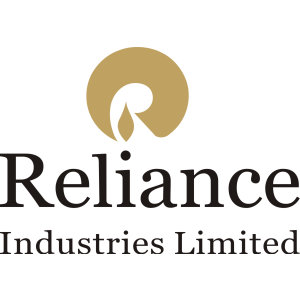
|
Reliance Industries Ltd
NSE:RELIANCE
|
|
| US |

|
Marathon Petroleum Corp
NYSE:MPC
|
|
| US |

|
Phillips 66
NYSE:PSX
|
|
| US |
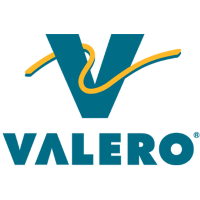
|
Valero Energy Corp
NYSE:VLO
|
|
| PL |
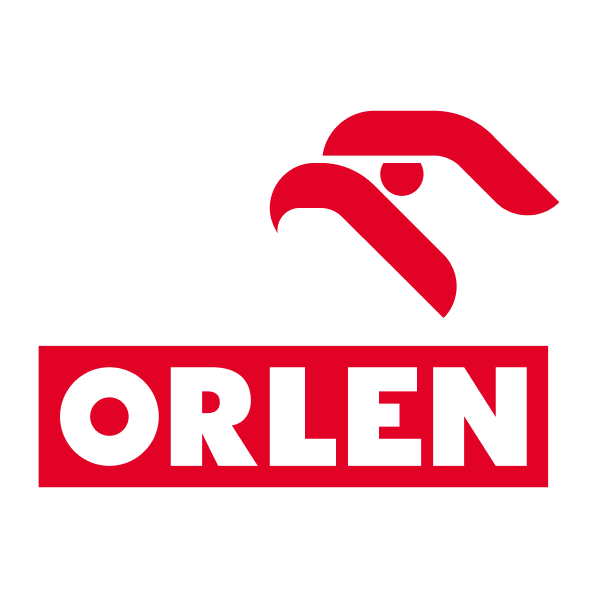
|
Polski Koncern Naftowy Orlen SA
WSE:PKN
|
|
| PL |
O
|
Orlen SA
PSE:PKN
|
|
| IN |

|
Indian Oil Corporation Ltd
NSE:IOC
|
|
| JP |

|
ENEOS Holdings Inc
TSE:5020
|
|
| IN |
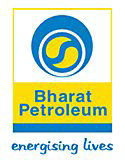
|
Bharat Petroleum Corporation Ltd
NSE:BPCL
|
|
| FI |
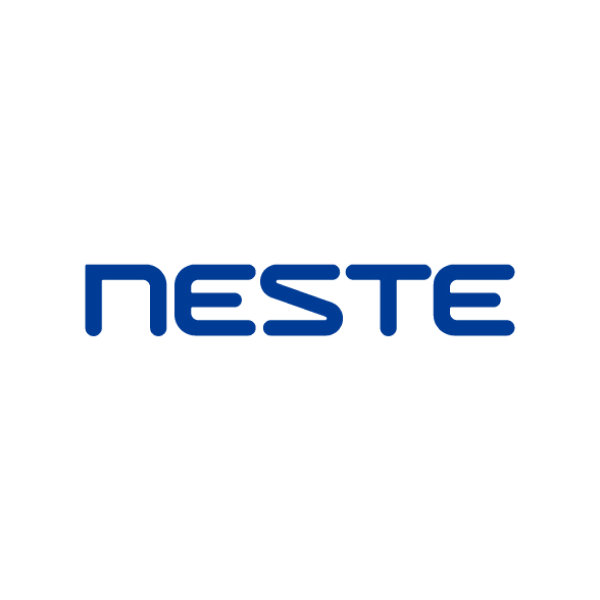
|
Neste Oyj
OMXH:NESTE
|
Fundamental Analysis
Select up to 3 indicators:
Select up to 3 indicators:

Revenue & Expenses Breakdown
HF Sinclair Corp

Balance Sheet Decomposition
HF Sinclair Corp

| Current Assets | 5.6B |
| Receivables | 1.3B |
| Other Current Assets | 4.3B |
| Non-Current Assets | 11.6B |
| PP&E | 6.9B |
| Intangibles | 3.9B |
| Other Non-Current Assets | 840m |
| Current Liabilities | 3B |
| Accounts Payable | 2.2B |
| Accrued Liabilities | 710m |
| Other Current Liabilities | 30m |
| Non-Current Liabilities | 4.9B |
| Long-Term Debt | 2.8B |
| Other Non-Current Liabilities | 2B |
Free Cash Flow Analysis
HF Sinclair Corp

| USD | |
| Free Cash Flow | USD |
Earnings Waterfall
HF Sinclair Corp

|
Revenue
|
26.9B
USD
|
|
Cost of Revenue
|
-22.4B
USD
|
|
Gross Profit
|
4.5B
USD
|
|
Operating Expenses
|
-3.8B
USD
|
|
Operating Income
|
701m
USD
|
|
Other Expenses
|
-313m
USD
|
|
Net Income
|
388m
USD
|
DINO Profitability Score
Profitability Due Diligence

HF Sinclair Corp's profitability score is 43/100. The higher the profitability score, the more profitable the company is.

Score
HF Sinclair Corp's profitability score is 43/100. The higher the profitability score, the more profitable the company is.
DINO Solvency Score
Solvency Due Diligence

HF Sinclair Corp's solvency score is 53/100. The higher the solvency score, the more solvent the company is.

Score
HF Sinclair Corp's solvency score is 53/100. The higher the solvency score, the more solvent the company is.
Wall St
Price Targets
DINO Price Targets Summary
HF Sinclair Corp

According to Wall Street analysts, the average 1-year price target for
 DINO
is 61 USD
with a low forecast of 50.82 USD and a high forecast of 69.3 USD.
DINO
is 61 USD
with a low forecast of 50.82 USD and a high forecast of 69.3 USD.
Dividends
Current shareholder yield for  DINO is
.
DINO is
.
Shareholder yield represents the total return a company provides to its shareholders, calculated as the sum of dividend yield, buyback yield, and debt paydown yield. What is shareholder yield?
The intrinsic value of one
 DINO
stock under the Base Case scenario is
82.54
USD.
DINO
stock under the Base Case scenario is
82.54
USD.
Compared to the current market price of 47.21 USD,
 HF Sinclair Corp
is
Undervalued by 43%.
HF Sinclair Corp
is
Undervalued by 43%.





































